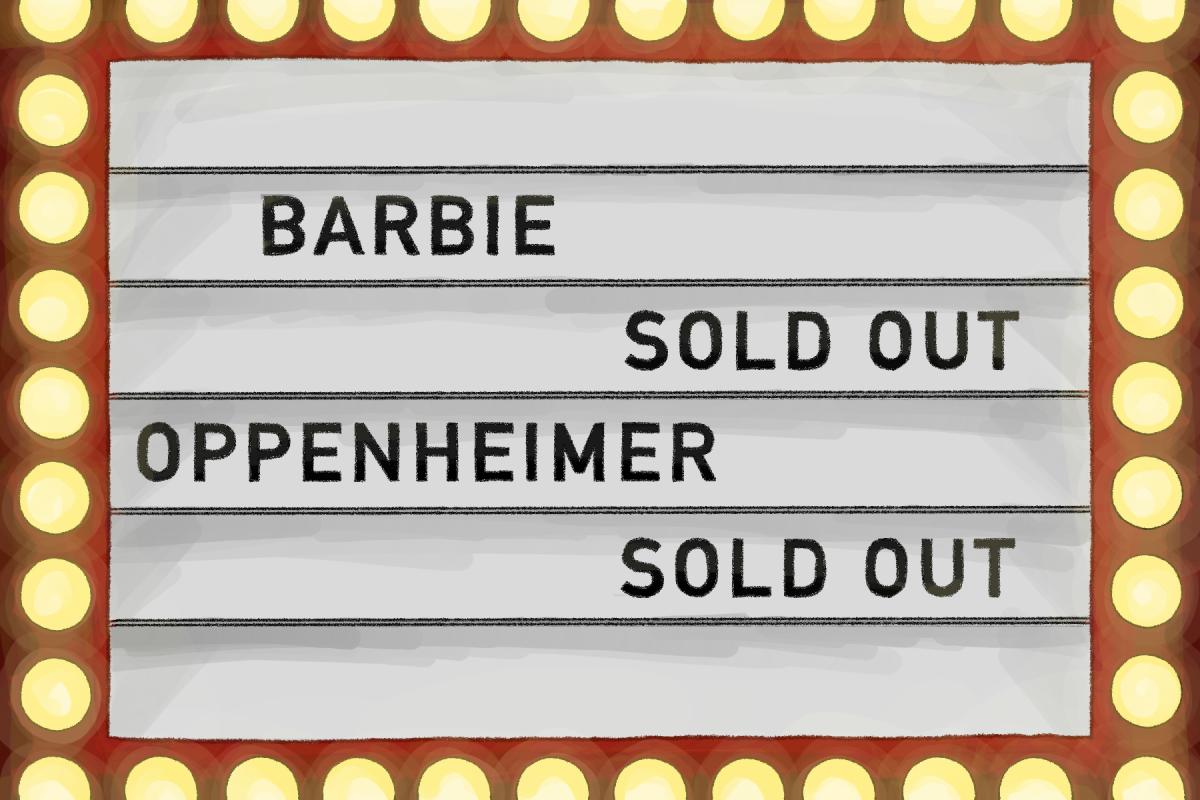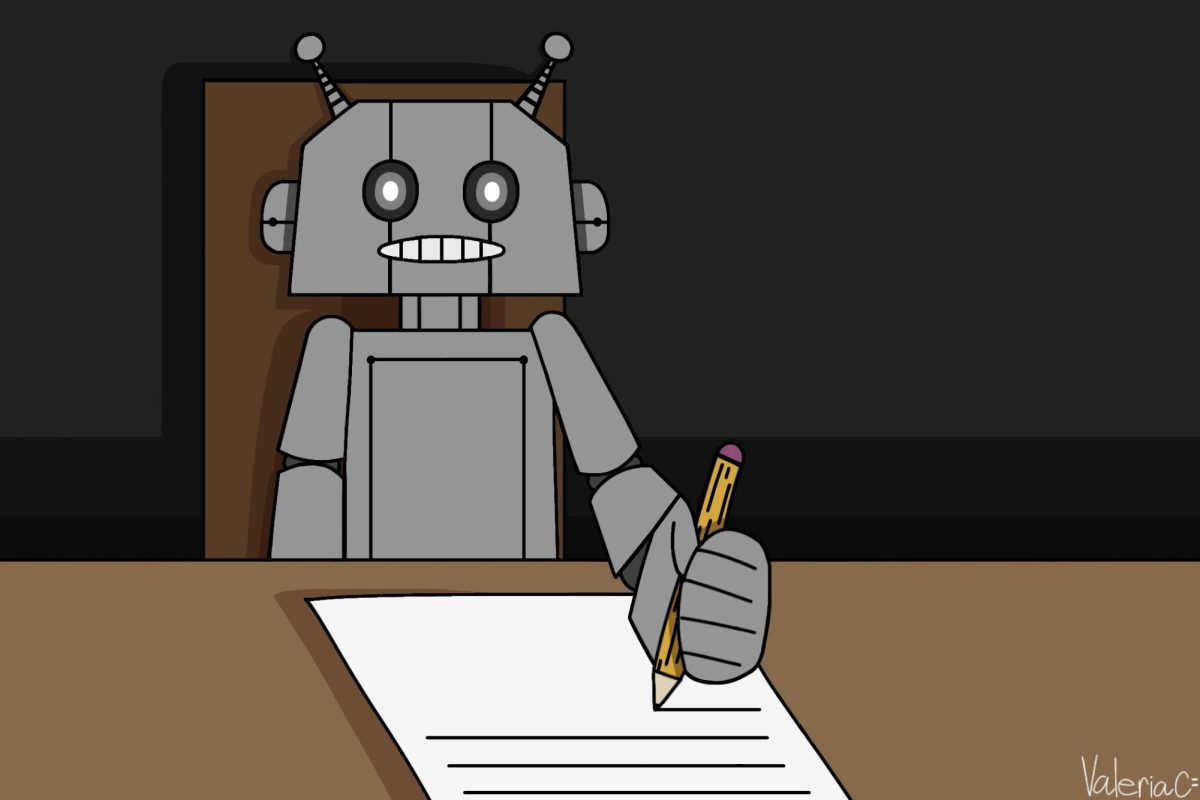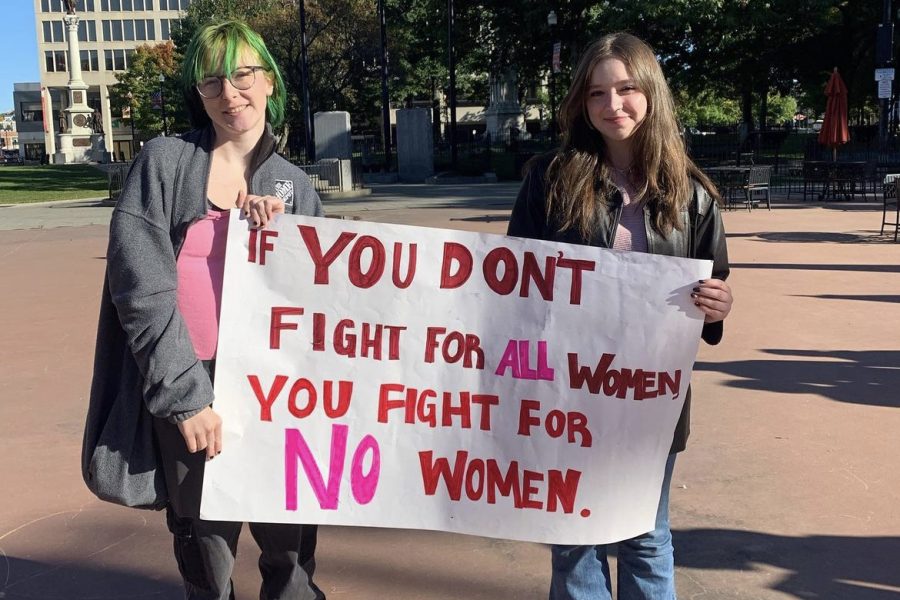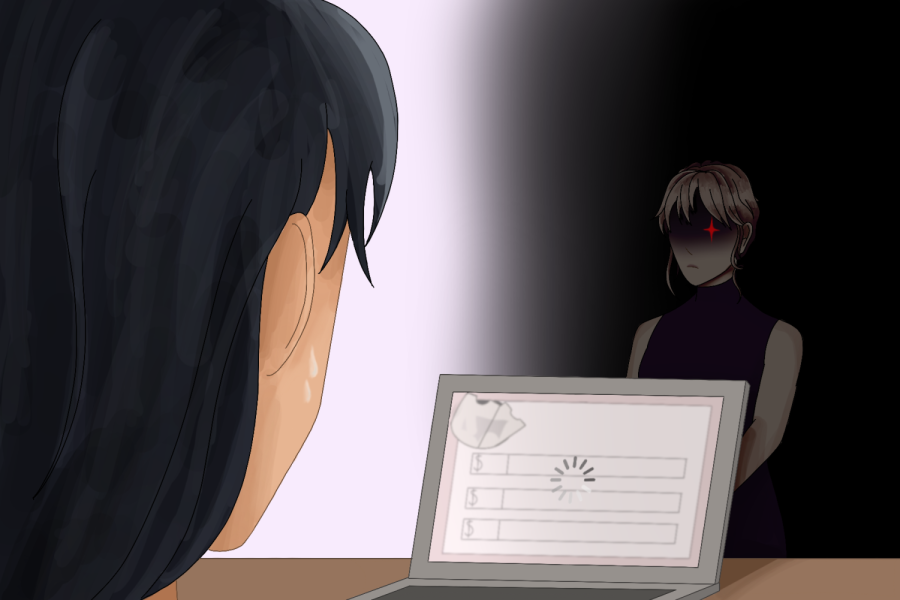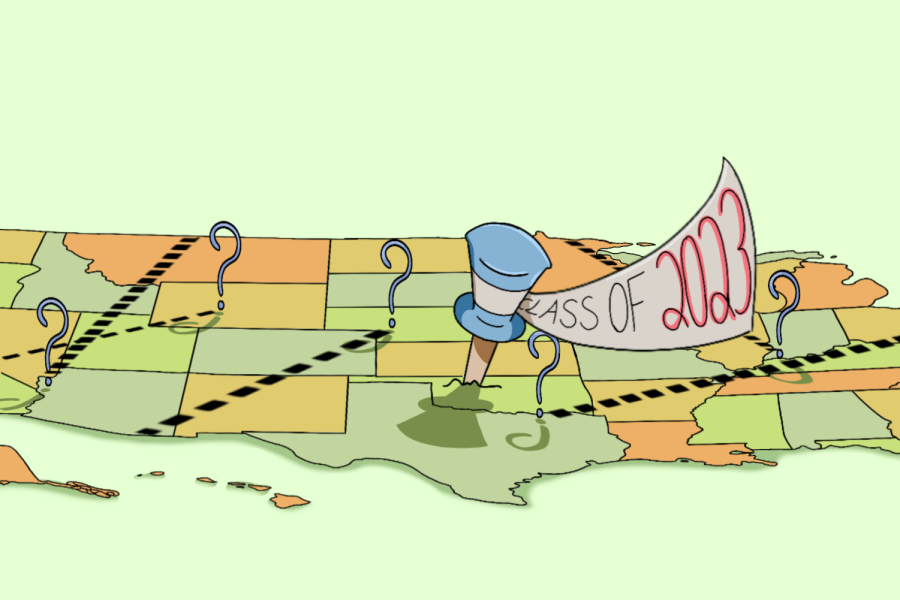Last summer Barbie marked the biggest movie opening for a female director. Oppenheimer also broke records, becoming the highest-grossing film set during World War II.
“I wanted to watch Barbie with my mom because of the hype, as many people on the internet commented on it,” said freshman Mira Sebastiao.
Barbie and Oppenheimer have returned millions of moviegoers back to cinemas that had been struggling since Covid, especially amidst Hollywood’s joined writer’s and actor’s strike.
“My brother wanted to watch Oppenheimer, and my family really wanted to go see Barbie, so I decided to watch both,” said junior Soren Haddock.
Several Mountaineers said they found Barbie- a Feminist satire, and Oppenheimer- a historical biographical picture, both thought-provoking.
“It was exciting to see two films made by smart people, raising thoughtful ideas be so popular. It’s common for popular films to not ask much of the audience, and exist mostly for entertainment, like films of the Marvel Cinematic Universe,” said History teacher Joseph Jourdain.
Some students and teachers found Oppenheimer caused them to ponder the effects of nuclear bombs, both in the past and in the present.
“What stuck with me was when Oppenheimer stated to Einstein that he was worried about setting the world on fire, and Einstein said he already did by creating the atomic bomb,” said Haddock. “I feel like the fear of atomic warfare is a lot less today, but there’s a presence, especially with countries at war like Ukraine.”
Presently, nine countries own nuclear weapons, with the U.S alone having enough to destroy the world ten times.
“Oppenheimer worked so single-mindely towards making the bomb that he didn’t stop to consider the aftermath – how it forever would transform human capacity to destroy one another. Once he did, it was too late, as the government and military he once aided turned on him once he was no longer useful,” said Jourdain.
During the Cold War, popular songs, films, and documentaries played up Americans’ fear of nuclear warfare.
“In the 1980s we used to think about the threat of nuclear warfare all the time,” said Jourdain. “I think the takeaway is that we are still in the nuclear age today, and we will not be the last in the world to use nukes against human beings.”
Sophomore Rudy Consiglio said he felt horrified by the lack of humanity the creation of nuclear weapons sparked.
“Oppenheimer left me thinking about how even though 100,000 people died from the nukes,” said Consiglio. “Americans were not sympathetic towards the victims, instead celebrating the creation of the nuclear bomb.”
On the other hand, Consiglio said he found Barbie to be funnier and less intense, enjoying it with his mother, who played with the dolls growing up.
“Barbie made me think about how women are forced to grow up early, and female interests are put down as childish and stupid,” said Consiglio.
Several students said Barbie caused them to contemplate gender roles in American society.
“The Barbie movie showed how women in society are under high expectations, but
men also have expectations placed on them. There’s a pressure on men to build up society and hide their emotions”, said Sebastio.
Assistant principal Victoria DeSimone agreed that the Barbie movie portrayed unreasonable expectations placed on women.
“Every word in America Ferrera’s monologue speaks to the truth and reality of what women face on a daily basis,” said assistant principal Victoria DeSimone. “When I arrived at WRHS in 2011, I was the only woman assistant principal on the administrative team consistently of the principal and four assistant principals. I have been very fortunate to work with such a great team.”
While Mattel now portrays Barbie as a positive inspiration, that image hasn’t always been her legacy.
“In the 1950s Barbie was a tool of conformity among American girls, and all she did was collect clothes and go to the beach. Public backlash resulted in Barbie evolving into a President or Supreme Court Justice,” said Jourdain.
Junior Callan Asher said he had mixed thoughts about the film.
“Barbie was a very political movie, with a feminist agenda, while I was expecting a more lighthearted movie,” said Asher. “I agreed that women should be in positions of power, but I didn’t like how all the male characters were made out to be fools.”
Mountaineers said they found both films to be culturally significant.
“The biggest idea in Barbie was the idea of toxic masculinity, and how easily some men can be influenced by the patriarchy,” said assistant principal Josue Delegado. “Oppenheimer is relevant since many Americans know about WW2, and the film authentically portrayed the regret by the creator of the nuke.”



